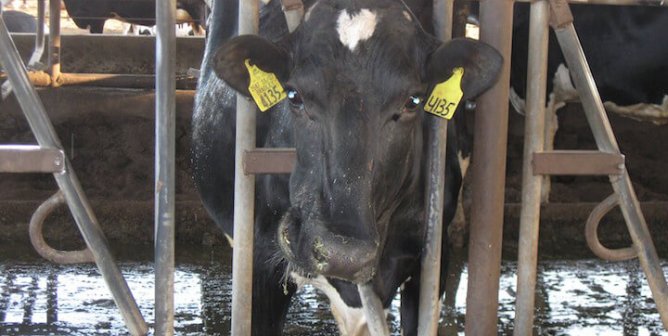Keeping blood sugar levels low is critical to the long-term health of people like me, who have any form of diabetes. When I made the decision to go vegan a few years ago, I faced the same fears that all people who closely monitor what they eat do. I quickly discovered, however, that there were so many plant-based options out there that my day-to-day life as a diabetic wouldn’t really change much, if at all. I could still eat all the same foods I ate before to help maintain my blood sugar levels over time (measured by our endocrinologists as a number or level known to us diabetics as our HbA1C), only now I was buying foods made from plants instead of animals. But today, eating vegan as a diabetic isn’t just easy—it may even be healthier for us than eating the traditionally omnivorous foods often suggested by diabetes groups.
A recent study involving participants with type 2 diabetes showed that over a period of 12 weeks, those who ate exclusively vegan foods more significantly lowered their long-term blood sugar levels than those who ate omnivorously.
The study, conducted in South Korea, monitored the blood glucose levels of 93 diabetic participants over roughly three months after they were assigned to eat either completely vegan or what the Korean Diabetes Association recommended. Not only did those in the “vegan group” lose weight, they also reduced their HbA1C levels further and had better glycemic control compared to those in the study who were eating meat, dairy “products”, and other animal-derived items.
It wasn’t just a reduction in blood sugar levels that excited researchers. They’re also hopeful that eating vegan will yield other benefits for people with type 2 diabetes, including reducing their blood pressure and their risk of developing cardiovascular disease. The study’s authors concluded that future treatment plans and dietary guidelines for type 2 diabetics should include the recommendation to go vegan.
As a type 1 diabetic for more than 15 years, I have ridden all the highs and lows that come with this disease. While people with “childhood onset” diabetes, as it was once called, produce no insulin (the natural hormone secreted by the pancreas that regulates blood sugar levels) on our own, those on the verge of developing type 2 (“adult onset”) diabetes often still can. The insulin produced by type 2 diabetics is often rejected by the body, however, resulting in a need for prescription pills that help the body process the hormone properly or even daily synthetic insulin injections, like those that type 1 diabetics take. Type 2 diabetics can also use diet and exercise to reverse some of their symptoms, leaving pills and insulin injections behind, as their bodies begin to produce viable insulin again.
Let’s end the sweet talk: Sugar isn’t the only factor contributing to obesity. My new blog: https://t.co/AmU2vN5wxt pic.twitter.com/Ci2uSLKqYW
— Neal Barnard, MD (@DrNealBarnard) June 9, 2016
Since our country faces an obesity epidemic and skyrocketing numbers of new type 2 diagnoses, including some in pre-teen children, there has never been a better time to use healthy, delicious vegan foods as a way to keep ourselves safe from this devastating and—trust me on this one—expensive disease.
Want to go vegan but don’t know how to get started?
Don’t worry—we’ve got you covered.






